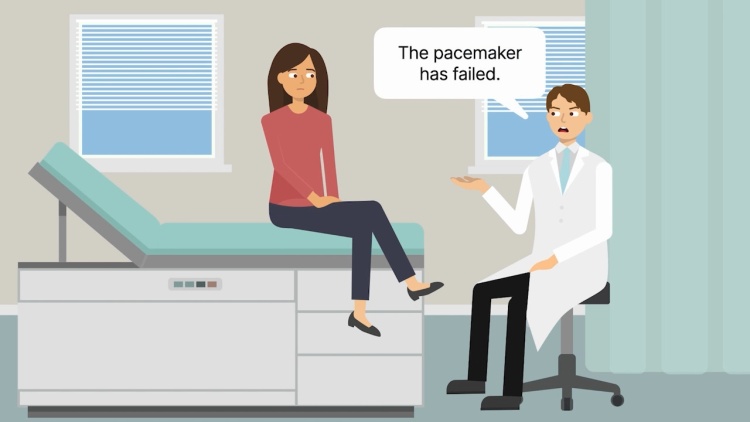Medtronic, Inc. v. Lohr
United States Supreme Court
518 U.S. 470 (1996)

- Written by Josh Lee, JD
Facts
Lora Lohr (plaintiff) was injured when her pacemaker, manufactured by Medtronic, Inc. (defendant), failed. The failure of the pacemaker resulted in a complete heart block and required emergency surgery. Lohr’s physician’s opinion was that a defect in the Medtronic pacemaker leads was likely the cause of the failure. Lohr sued Medtronic in state court in Florida, alleging negligence and strict products liability under Florida common law. Medtronic removed the lawsuit to federal court and filed a motion for summary judgment, arguing that the Medical Device Amendments of 1976 preempted the negligence and products-liability claims. This legislation was adopted by Congress to delegate regulation of medical devices to the Food and Drug Administration, similar to the way new drugs are regulated. The statute contained a provision that preempted any requirement adopted by a state or local government that is different from or in addition to the regulations under the statute. Generally, new devices are divided into categories based on risk. The lowest risk devices are subject only to general controls, which are minimal regulations adopted by the FDA and include good manufacturing practices regulations. The highest risk devices, such as pacemakers, are required to obtain premarket approval from the FDA. This involves a lengthy and rigorous process to establish the devices safety and usually requires about 1,200 hours of review from the FDA for each submission. However, this premarket approval is only required for new devices. The FDA established a process for a company to prove that its product is substantially equivalent to an existing product and bypass the premarket approval process. Existing products, regardless of class, only have to follow the general controls regulations. Medtronic followed that process and received a letter from the FDA agreeing that Medtronic’s pacemaker leads were substantially similar to existing products. The trial court initially ruled that the statute did not preempt the negligence and product liability claims, but the trial court reconsidered after a court of appeals decision held that some common-law claims are preempted by the statute. The trial court then ruled that all claims were preempted and granted summary judgment to Medtronic. Lohr appealed, and the court of appeals determined that the manufacturing defect and failure-to-warn claims were preempted but not the design defect. Medtronic and Lohr both petitioned the United States Supreme Court for review.
Rule of Law
Issue
Holding and Reasoning (Stevens, J.)
Concurrence (Breyer, J.)
Dissent (O’Connor, J.)
What to do next…
Here's why 907,000 law students have relied on our case briefs:
- Written by law professors and practitioners, not other law students. 47,100 briefs, keyed to 996 casebooks. Top-notch customer support.
- The right amount of information, includes the facts, issues, rule of law, holding and reasoning, and any concurrences and dissents.
- Access in your classes, works on your mobile and tablet. Massive library of related video lessons and high quality multiple-choice questions.
- Easy to use, uniform format for every case brief. Written in plain English, not in legalese. Our briefs summarize and simplify; they don’t just repeat the court’s language.





